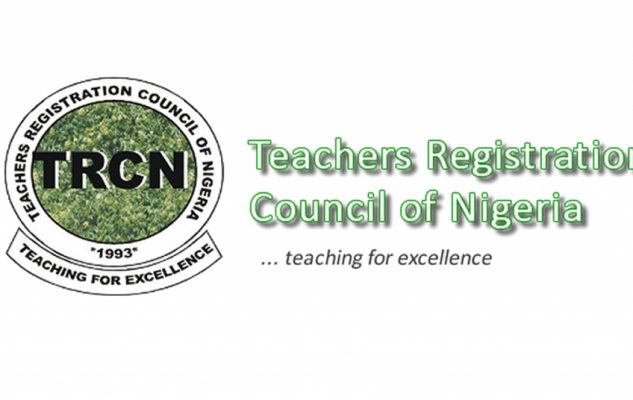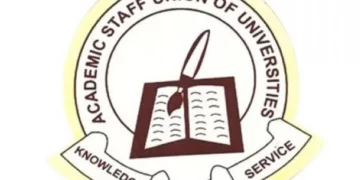The Teachers Registration Council of Nigeria (TRCN) has raised concerns over the growing number of unqualified teachers in the country, describing it as a major factor behind the decline in educational standards.
The Chief Executive Officer of TRCN, Dr. Ronke Soyombo, made this known on Monday during an appearance on Channels Television’s ‘The Morning Brief’, on the occasion of the 2025 World Teachers’ Day, themed “Recasting Teaching as a Collaborative Profession.”
Dr. Soyombo lamented that many individuals currently teaching in schools across Nigeria lacked the necessary qualifications to effectively carry out their duties — a situation more prevalent in private institutions.
“There are many unqualified teachers in the profession. We have those teaching in classrooms but don’t have the teaching qualifications, particularly in private schools,” she said.
She explained that while some individuals genuinely have a passion for teaching, their lack of formal training has hindered their enrollment into the profession.
“It is one thing for you to say you have been to teacher’s college, and it is another thing to be able to break it down to the level of the students to soothe their specific needs,” she noted. “This challenge has to be addressed, and as soon as we have the accelerated programme, that is going to bring a lot of teachers in, because they don’t want to come to public schools. What is stopping them is that they don’t have education degrees.”
Dr. Soyombo revealed that the TRCN currently has about 1.4 million registered teachers, with plans to expand that number to 20 million within the next two years through system digitization and accelerated registration processes.
“We have digitised our systems so that more people can be able to register,” she said. “Every teacher has a gift which is different from one person to another. But what we are propagating in education is for everybody to come together and plan lessons together.”
Emphasizing the importance of collaboration in modern education, she added that teamwork among teachers enhances learning outcomes and models cooperative behavior for students.
“You might be three teachers teaching a particular year group, but if you come together and plan lessons together, you are bound to come up with something richer than when you work in isolation. When you also look at 21st-century education itself, it is very important that we pass the culture of collaboration down to our children.”
Soyombo further revealed that the Council, in collaboration with the government, is working to bridge the teacher shortage gap through an accelerated Professional Diploma in Education (PDE) programmes.
“There is no doubt that we have shortages of teachers, so what we are doing with this particular government is to accelerate professional diploma in education. For people who don’t have it, now is the time they will be able to have access. We are accelerating the course to six months for experienced teachers, so that as soon as they are through, they can have experience. This will make us have enough hands in the teaching line.”
She expressed optimism that the new initiative will attract more professionals into the education sector, while also improving teacher competence through continuous training and resource support.
“What the TRCN is also doing is looking at how we can upgrade teachers. We are also supporting them with resources in classes, because some teachers are very good and are looking for how to plan lessons to support other teachers, and that will also encourage others to come in,” she added.
Meanwhile, the First Lady of Nigeria, Senator Oluremi Tinubu, in her World Teachers’ Day message on Sunday, praised teachers for their invaluable contributions to nation-building and called for renewed efforts to address the global shortage of teachers.
Tinubu described teachers as “true heroes, shaping minds, nurturing dreams, and guiding generations,” stressing that improving their welfare and professional development remains key to strengthening the education system.





